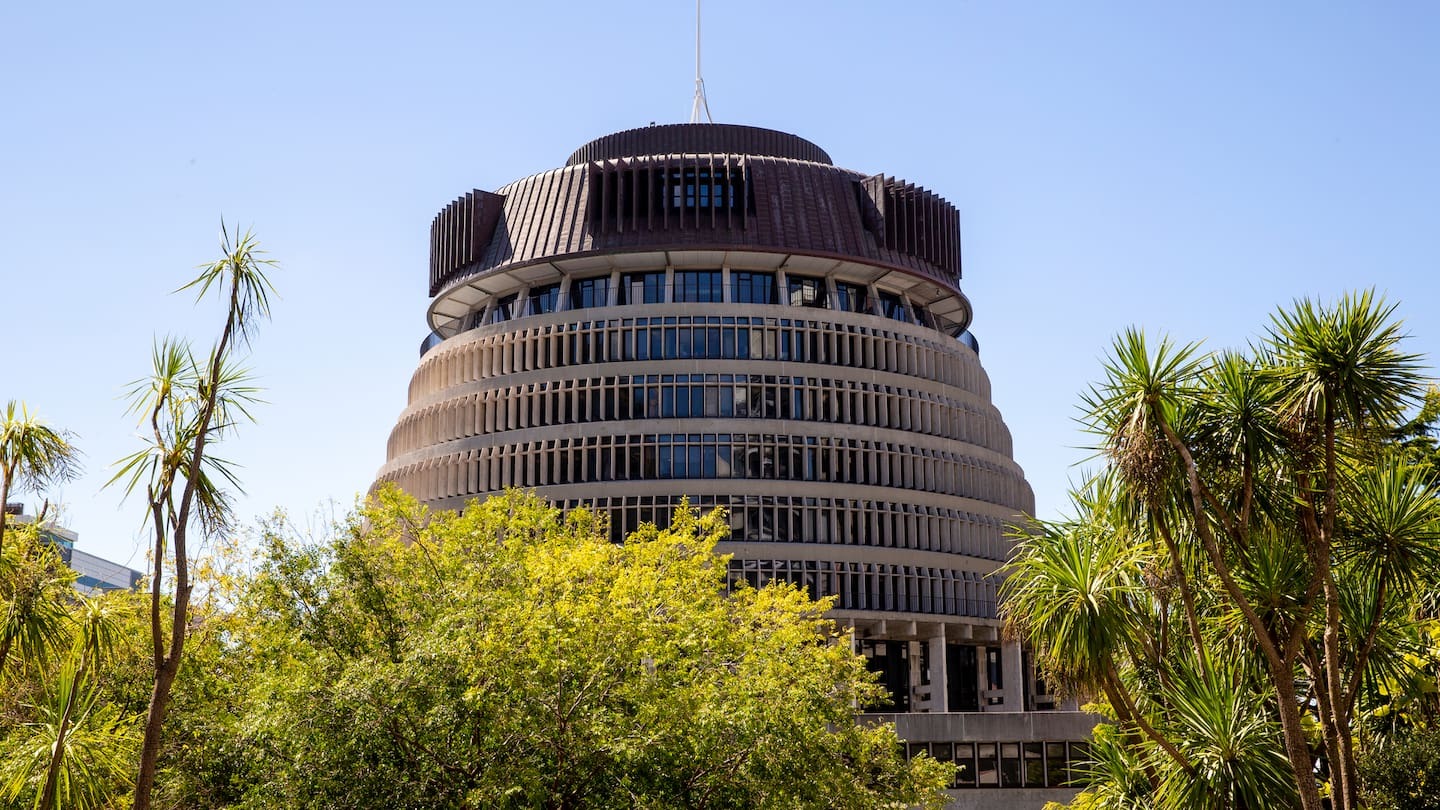Politics
Government’s KPI List Raises Questions Amidst Public Disinterest

The Government of [Country] has released its latest list of key performance indicators (KPIs), outlining 33 initiatives to be completed by the end of the year. Among these priorities is the introduction of new planning legislation intended to replace the existing Resource Management Act (RMA). While this move is a step forward, questions remain about the effectiveness and clarity of the overall list, as public engagement appears to be waning.
The KPIs, initially met with significant media coverage, now seem to have slipped from public consciousness. When they were first announced, the concept of a government “to-do” list was novel and indicative of a more transparent approach to governance. Many observers noted that the Government had largely succeeded in fulfilling its previous commitments, which warranted some recognition. However, as time has progressed, the latest list has not garnered the same level of interest, raising concerns about its relevance.
A closer examination of the list reveals a mixture of actionable items and vague proposals. For instance, item number three clearly states the intention to “pass legislation to allow granny flats to be built without consent.” This concise goal is straightforward and practical. In contrast, item number fifteen, which mentions the intention to “begin the hospitality sector review,” raises questions about the specificity of the commitment. Is merely forecasting the start of a review a sufficient accomplishment?
Furthermore, item twenty suggests a cabinet policy decision on “options to provide more tools to address antisocial behaviour.” Such a vague directive could be seen as an attempt to fill space on a list rather than a concrete action plan. Critics argue that the Government should focus on more pressing issues, such as economic instability, instead of generating lists that may appear more like brainstorming sessions than actionable plans.
As the year progresses, public expectations remain high. Many citizens are looking for tangible outcomes that directly impact their daily lives, such as reduced energy costs or an annual budget surplus. The current list’s lack of clear, impactful initiatives could contribute to further disengagement from the Government’s activities.
In conclusion, while the Government of [Country] has made strides in setting objectives for the remainder of the year, the efficacy of its latest KPI list is in question. As the media and public scrutinize these efforts, the Government may need to reassess its approach to communicate its goals effectively. Ensuring that the list reflects not only the ambitions of the administration but also the needs of the populace will be crucial for fostering a more engaged citizenry.
-

 World4 months ago
World4 months agoTest Your Knowledge: Take the Herald’s Afternoon Quiz Today
-

 Sports4 months ago
Sports4 months agoPM Faces Backlash from Fans During Netball Trophy Ceremony
-

 Lifestyle4 months ago
Lifestyle4 months agoDunedin Designers Win Top Award at Hokonui Fashion Event
-

 Entertainment5 months ago
Entertainment5 months agoExperience the Excitement of ‘Chief of War’ in Oʻahu
-

 Sports4 months ago
Sports4 months agoLiam Lawson Launches New Era for Racing Bulls with Strong Start
-

 World5 months ago
World5 months agoCoalition Forms to Preserve Māori Wards in Hawke’s Bay
-

 Health4 months ago
Health4 months agoWalking Faster Offers Major Health Benefits for Older Adults
-

 Lifestyle4 months ago
Lifestyle4 months agoDisney Fan Reveals Dress Code Tips for Park Visitors
-

 Politics4 months ago
Politics4 months agoScots Rally with Humor and Music to Protest Trump’s Visit
-

 Top Stories5 months ago
Top Stories5 months agoUK and India Finalize Trade Deal to Boost Economic Ties
-

 Health2 months ago
Health2 months agoRadio Host Jay-Jay Feeney’s Partner Secures Visa to Stay in NZ
-

 World5 months ago
World5 months agoHuntly Begins Water Pipe Flushing to Resolve Brown Water Issue









